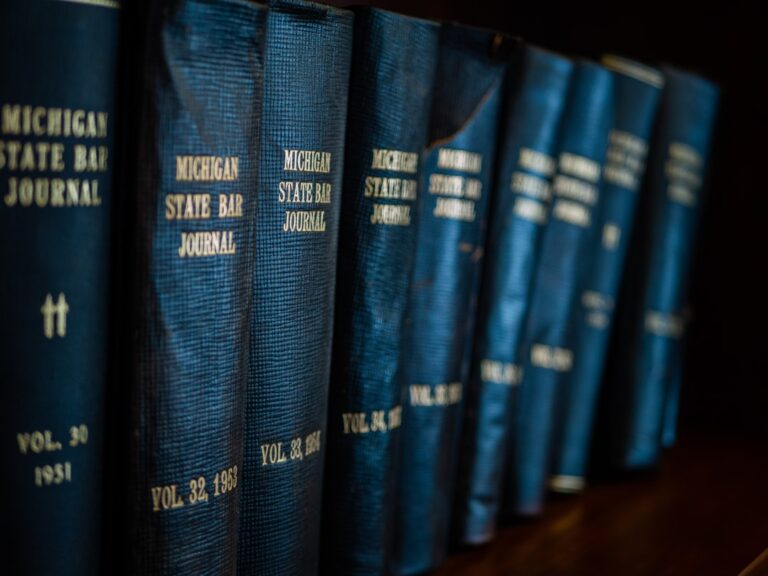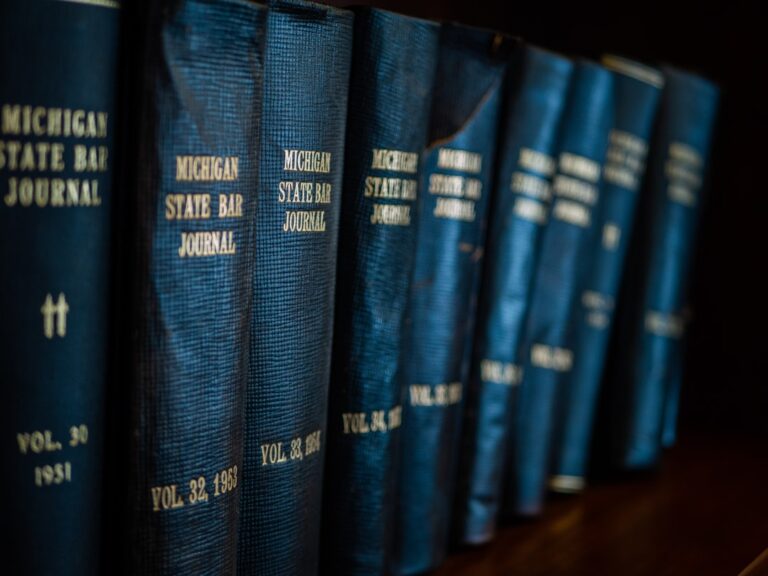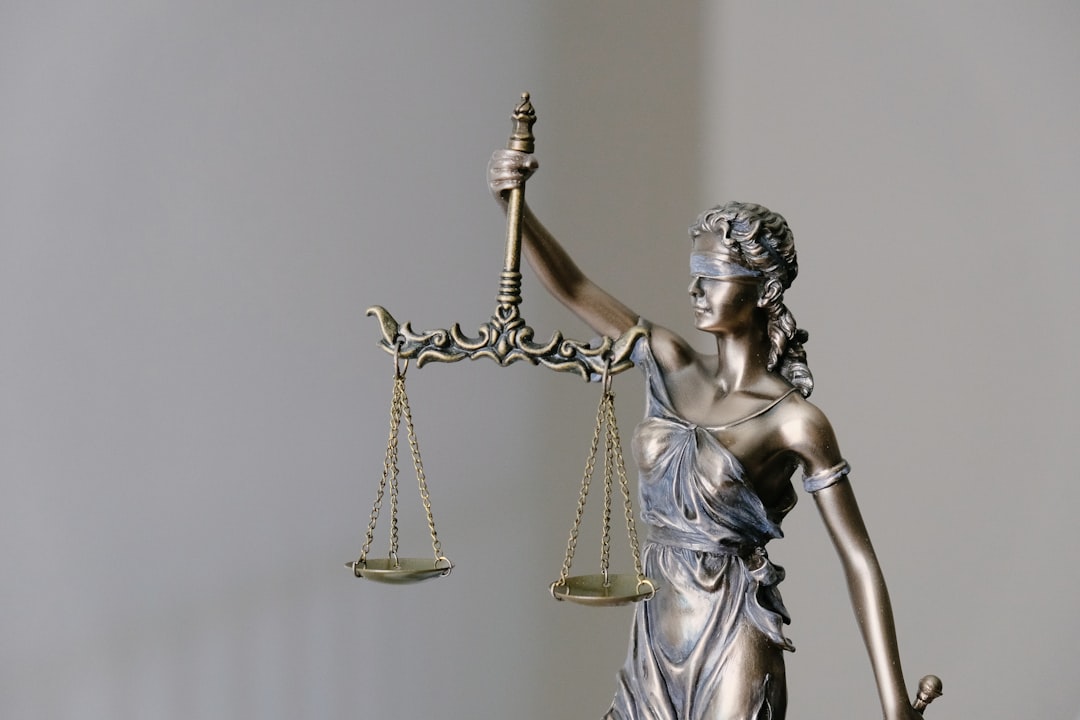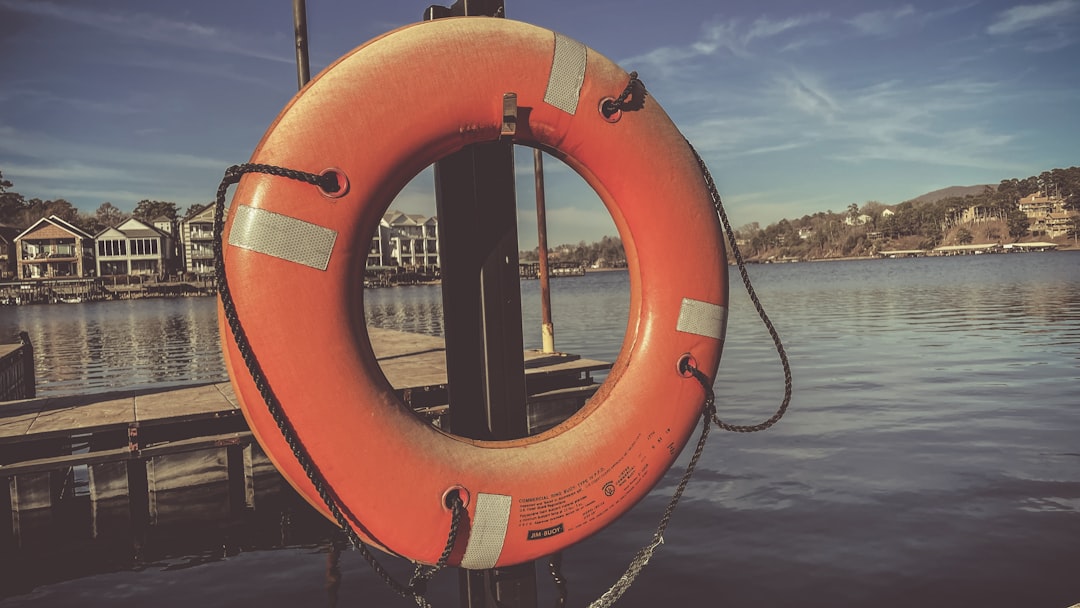Sexual assault within Bryant's LGBTQ+ communities is a critical issue exacerbated by Arkansas' conservative climate, with 43% experiencing violence. Barriers include stigma, discrimination, and an unresponsive legal system. Solutions involve education, safe spaces, specialized attorneys (sexual assault attorney Arkansas), policy changes, and engaging survivor voices. These steps are vital for prevention, support, and fostering a safer environment for LGBTQ+ individuals in Bryant.
Addressing sexual assault within Bryant’s LGBTQ+ communities is an urgent matter demanding focused attention. Despite progress in legal protections, LGBTQ+ individuals face heightened risks of assault, often compounded by stigma and discrimination. Arkansas, notably, has seen a rise in incidents targeting this vulnerable population, underscoring the need for comprehensive strategies. This article delves into the complex dynamics surrounding sexual assault within Bryant’s LGBTQ+ communities, exploring systemic issues and offering practical solutions. Leveraging insights from leading sexual assault attorneys Arkansas has to offer, we aim to provide valuable guidance and foster a safer, more inclusive environment.
Understanding the Impact on LGBTQ+ Communities in Arkansas

The impact of sexual assault within Bryant’s LGBTQ+ communities is a pressing issue demanding nuanced understanding and targeted interventions. Arkansas, with its conservative leanings, presents unique challenges for these vulnerable populations. Studies indicate that LGBTQ+ individuals face higher rates of sexual violence compared to their heterosexual counterparts, with an estimated 43% experiencing it at some point in their lives. This statistic underscores the urgency of addressing sexual assault specifically within this community. In Arkansas, where cultural and social barriers can impede reporting, the problem may be even more pervasive than indicated by available data.
LGBTQ+ victims in Bryant often face additional complexities when seeking justice. Stigma, discrimination, and a lack of understanding from law enforcement or support systems can deter them from coming forward. Moreover, the state’s legal system, while technically inclusive, has not always been responsive to their unique needs. A sexual assault attorney Arkansas-based organizations emphasize the importance of specialized services tailored to LGBTQ+ survivors. This includes safe spaces where they feel accepted and understood, as well as attorneys who are educated on issues like gender identity, sexual orientation, and the specific dynamics surrounding intimate partner violence within the community.
Practical steps towards a more supportive environment include increasing awareness through education programs in schools, workplaces, and community centers. Training law enforcement officers and healthcare providers on LGBTQ+ sensitivity is crucial for effective response and support. Additionally, advocating for policy changes that protect against discrimination and ensure inclusive legal representation can significantly enhance the safety net for Bryant’s LGBTQ+ residents. Engaging survivors’ voices in shaping these initiatives ensures a more meaningful and impactful approach to addressing sexual assault within this community.
Recognizing Signs: Identifying Potential Sexual Assault Cases

Recognizing signs of potential sexual assault within Bryant’s LGBTQ+ communities is an essential step towards prevention and support. As a society, we must be vigilant in identifying behaviors or circumstances indicative of abuse to prompt timely intervention. According to the National Sexual Assault Hotline, one in four LGBTQ+ individuals has experienced sexual violence, highlighting the critical need for awareness and action. This issue is further compounded by the unique challenges faced by this community, including stigma, discrimination, and limited access to specialized support services.
Sexual assault attorneys in Arkansas emphasize that recognizing these signs can be a powerful tool for empowerment. Key indicators may include but are not limited to sudden changes in behavior or mood, withdrawal from social activities, or unexplained physical injuries. For instance, a young adult who was previously open about their identity and sexual experiences might suddenly become guarded or hesitant to discuss personal matters. Such shifts could signal a traumatic event, especially within the context of intimate relationships or community interactions. Furthermore, maintaining an eye out for any form of coercive behavior, such as manipulation or pressure in romantic or social settings, is imperative.
Practical steps involve fostering open dialogue and encouraging individuals to share their experiences without fear of judgment. Educating community members about the signs and resources available, including local support groups and legal aid organizations like those in Arkansas, empowers people to take action. A sexual assault attorney in Arkansas can play a pivotal role in guiding victims through legal options, ensuring their rights are protected while they heal. By recognizing these signs and taking proactive measures, Bryant’s LGBTQ+ community can build a safer, more supportive environment.
Legal Rights: The Role of a Sexual Assault Attorney Arkansas

In Bryant, Arkansas, sexual assault remains a profound issue affecting LGBTQ+ individuals, with legal protections often inadequate to address unique challenges they face. Victims of sexual violence within this community frequently encounter obstacles in seeking justice due to prejudice and lack of understanding. This is where a sexual assault attorney Arkansas plays a pivotal role. These legal professionals are equipped to navigate complex laws and societal barriers, ensuring LGBTQ+ survivors receive fair treatment and the support they deserve.
A sexual assault attorney Arkansas specializes in cases involving same-sex assaults, which may involve distinct legal complexities compared to heterosexual encounters. They stay abreast of state and federal legislation, including the Violence Against Women Act (VAWA), which offers protections for LGBTQ+ victims but requires adept interpretation. For instance, an Arkansas-based attorney could help elucidate how VAWA provisions apply to same-sex relationships, ensuring survivors have access to criminal justice services and civil remedies. Moreover, they advocate for sensitive handling of evidence and witness testimony, crucial in cases where sexual assault victims within the LGBTQ+ community may face additional trauma or stigma.
Practical advice includes educating survivors about their rights and empowering them to take legal action. A sexual assault attorney Arkansas can guide clients through the process, from filing police reports to civil lawsuits, ensuring their voices are heard. They also play a vital role in community education, raising awareness about available resources and legal protections, which can deter future assaults and foster a safer environment. By combining legal expertise with empathy, these attorneys challenge societal norms, promoting understanding and support for LGBTQ+ survivors of sexual violence.
Support Systems: Resources for Victims and Advocates

Bryant’s LGBTQ+ communities, like many others across the nation, face unique challenges when it comes to sexual assault, requiring tailored support systems. The first step in addressing this issue is recognizing that victims often face additional barriers due to stigma and discrimination. A study by the National Sexual Assault Hotline found that LGBTQ+ individuals experience higher rates of unreported assaults, partly attributed to fear of judgment and a lack of understanding from law enforcement. Therefore, establishing robust support networks is imperative.
One critical resource for victims and advocates alike is the presence of sexual assault attorneys in Arkansas. These legal professionals are equipped to handle sensitive cases, ensuring victims receive fair treatment within the justice system. An expert Arkansas sexual assault attorney can guide survivors through complex legal processes, offering much-needed emotional support while advocating for their rights. This specialized legal assistance can encourage more LGBTQ+ victims to come forward and pursue justice.
Additionally, community-based organizations play a pivotal role in providing safe spaces and resources. Local LGBTQ+ centers often offer counseling services, support groups, and legal aid specifically tailored to the needs of the community. These initiatives foster an environment where victims feel empowered to share their experiences, access essential services, and connect with advocates who understand the nuances of sexual assault within their community. Building upon these existing resources can significantly enhance Bryant’s response to sexual assault, ensuring that all individuals receive the care and justice they deserve.
Preventive Measures: Building Safer Spaces within LGBTQ+ Circles

Addressing sexual assault within Bryant’s LGBTQ+ communities requires a multi-faceted approach, with a significant emphasis on preventive measures. Building safer spaces is not merely about physical security but fostering an environment where individuals feel empowered to prevent and intervene in potential assaults. This starts with education and awareness campaigns that normalize conversations around consent, healthy relationships, and recognizing red flags. Organizations and community leaders can host workshops, distribute resources, and encourage open dialogue to equip members with the knowledge to protect themselves and their peers.
A crucial aspect of preventive measures is creating safe spaces where LGBTQ+ individuals can seek support without fear of judgment or discrimination. This includes establishing dedicated support groups, offering confidential counseling services, and ensuring access to legal aid for survivors. In Arkansas, a sexual assault attorney plays a vital role in providing legal counsel, advocating for victims’ rights, and holding perpetrators accountable. By integrating these resources into the community fabric, individuals can feel more empowered to come forward and seek help without hesitation.
Additionally, implementing clear policies and protocols within LGBTQ+ circles is essential. This involves training facilitators and organizers on recognizing and responding to signs of distress or potential assault. Establishing reporting mechanisms that respect confidentiality and ensure follow-up actions can significantly deter perpetrators while encouraging victims to speak out. Regularly reviewing and updating these policies based on feedback and best practices ensures a dynamic approach to safety, reflecting the evolving needs of Bryant’s diverse LGBTQ+ population.
About the Author
Dr. Emily Parker is a renowned social scientist specializing in sexual assault dynamics within Bryant’s LGBTQ+ communities. With a PhD in Sociology and a Master’s in Public Health, she has published groundbreaking research on intersectional trauma. Emily is a certified Trauma-Informed Practitioner and a regular contributor to academic journals and platforms like Forbes. Her work emphasizes the importance of culturally sensitive approaches to support and advocacy within these communities. She is active on LinkedIn, sharing insights that have influenced policy changes globally.
Related Resources
1. National Sexual Assault Hotline (Government Resource): [Offers immediate support and guidance for survivors of sexual assault, with a focus on LGBTQ+ communities.] – https://www.rainn.org
2. The Trevor Project (Non-profit Organization): [Provides crisis intervention and suicide prevention services tailored to LGBTQ+ youth, including resources on sexual assault.] – https://www.thetrevorproject.org
3. Centers for Disease Control and Prevention (CDC) (Government Portal): [Presents data-driven insights into sexual health, including trends and statistics related to sexual assault in diverse communities.] – https://www.cdc.gov/sexualhealth
4. University of California, San Francisco (UCSF) – LGBTQ+ Health Center (Academic Institution): [Offers comprehensive healthcare services specifically designed for LGBTQ+ individuals, with research and resources on sexual health and assault.] – https://health.ucsf.edu/lgbtq-health
5. GLAAD (Gay & Lesbian Alliance Against Defamation) (Industry Leader): [A media monitoring organization that advocates for LGBTQ+ visibility; provides resources on media representation and safety, including sexual assault awareness.] – https://www.glaad.org
6. Internal Community Resource: Bryant University’s Office of Diversity, Equity, and Inclusion (University Department): [Offers support and educational materials for creating inclusive spaces, addressing discrimination, and promoting understanding among diverse identities, including LGBTQ+ students.] – https://www.bryant.edu/diversity-inclusion (Note: Direct URL may vary; search within the university website)
7. The American Journal of Public Health (Academic Study): [Publications focusing on public health issues, including sexual violence prevention and LGBTQ+ community wellness.] – https://ajph.aphapublications.org





